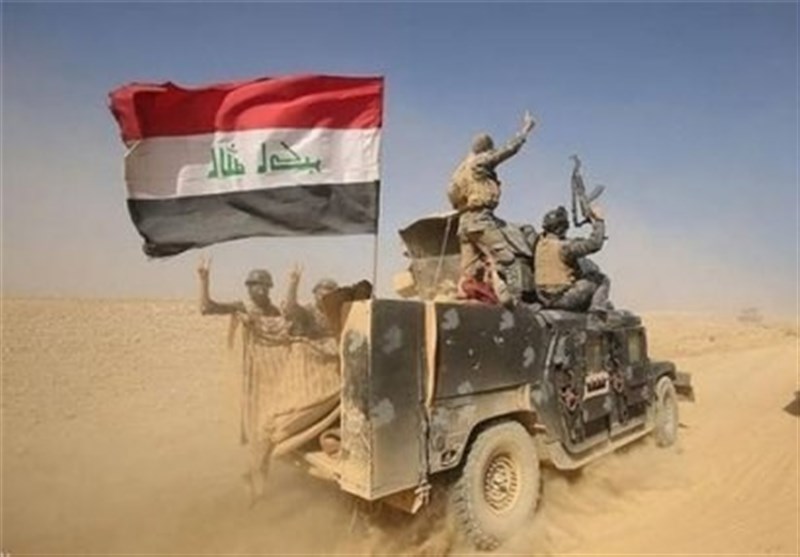
All Volunteer Forces Should Be Incorporated into State Bodies: Iraq’s Top Cleric

In a message delivered at the Friday sermon in the holy city of Karbala through
one of his representatives, Ayatollah Sistani said the country’s popular forces,
who helped eradicate Daesh (ISIL) from the Arab country, should be brought under
the control of the government and incorporated into Iraq’s state security
bodies.
He added that they should also hand over their weapons to the government.
"The victory over Daesh doesn’t mean the end of the battle with terrorism,”
Sistani’s representative Sheikh Abdulmehdi al-Karbalai said, according to
Reuters.
"The security apparatus should be supported by the fighters who took part in the
war on Daesh,” he further said.
"It is necessary to absorb the fighters in the official and constitutional
structures,” Sistani said in the sermon, adding that "the fatwa should not be
used to achieve political aims”.
Iraqi Prime Minister Haider al-Abadi quickly reacted to Ayatollah Sistani’s
sermon in a statement from his office "welcoming his call against using
volunteers and fighters in political campaigning”.
The secretary general of Badr Organization, Iraq’s biggest Shiite Muslim
paramilitary group, recently told his fighters to take orders from the national
military and sever their relations with the group’s political wing, which holds
22 seats in the Iraqi parliament.
The senior Popular Mobilization Units (PMU) commander also called on its
fighters to "clear cities of all signs of militarization."
On November 24, Harakat Hezbollah al-Nujaba, a PMU branch which has about 10,000
fighters, also said it respects the decisions of the national army, hinting that
it will act on an order to hand heavy arms back when the counter-terrorism
battles end.
In 2014, the Daesh terror group managed to make sweeping territorial gains in
Iraq’s western and northern parts. Shortly afterwards, Ayatollah Sistani issued
a fatwa, calling on all Iraqi citizens to defend their country in the face of
terrorists.
The fatwa helped Shiite fighters, Sunni tribesmen as well as Christian and
Yezidi volunteers gather under one umbrella of PMU, commonly known as Hashd al-Sha’abi,
to reverse Daesh’s gains.
In the early days of Daesh emergence, Iraqi government forces, overwhelmed by
the terror group’s lightning advances, suffered heavy blows on the battle
ground.
However, Hashd al-Sha’abi fighters helped the army regain strength and reverse
Daesh’s gains.
The Iraqis finally managed to retake all the lost territory last month with the
help of volunteer forces and Iranian military advisors.
The Iraqi parliament last year recognized Hashd al-Sha’abi as an official force
with similar rights as those of the regular army.
SOURCE: Tasnim News Agency















